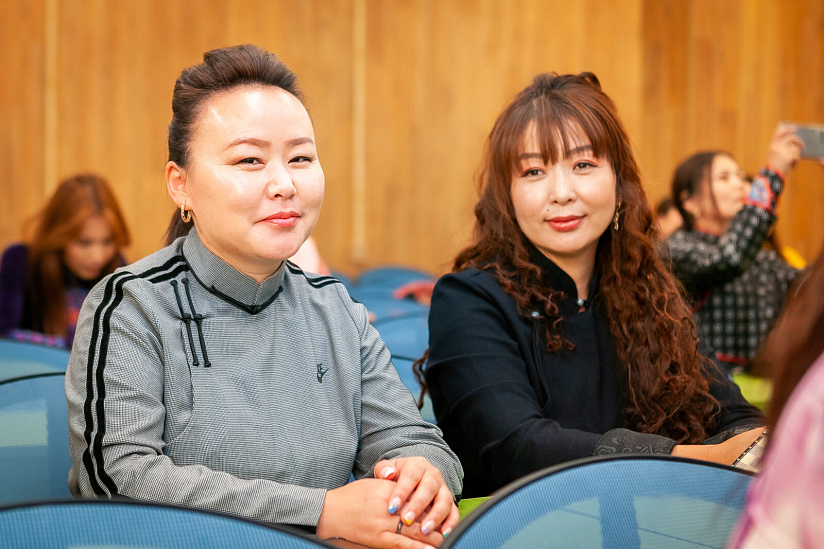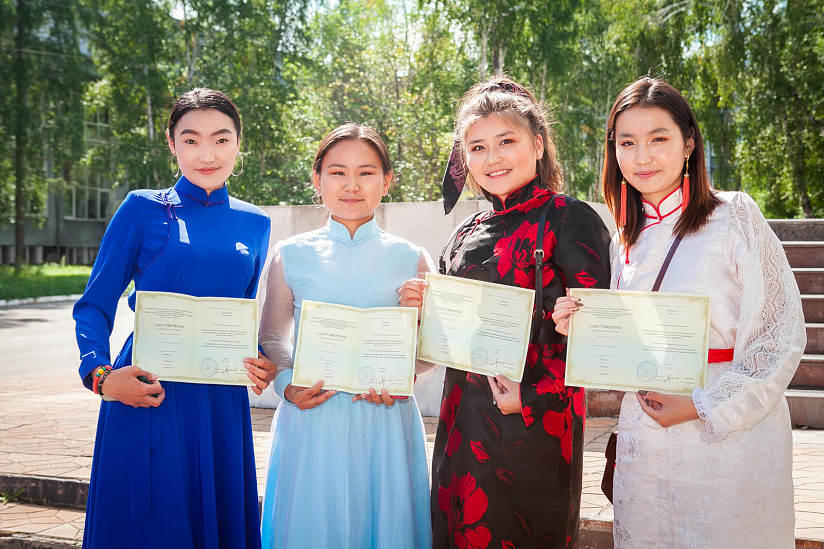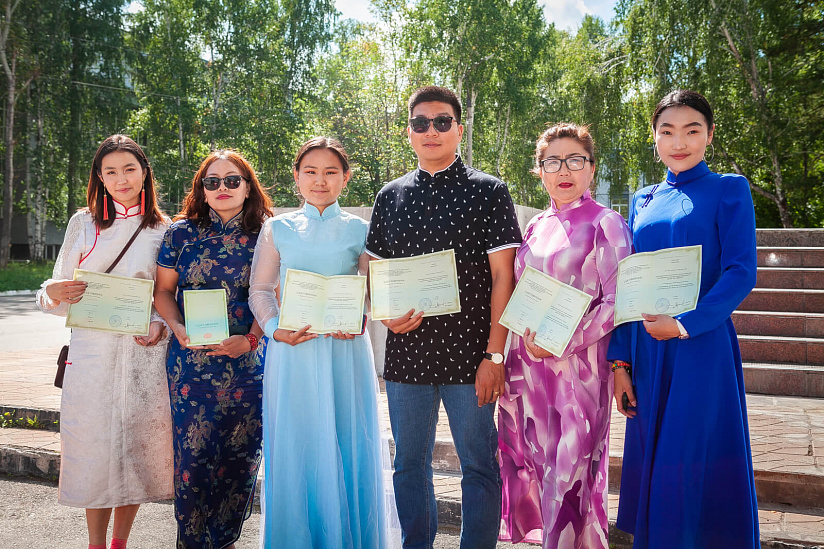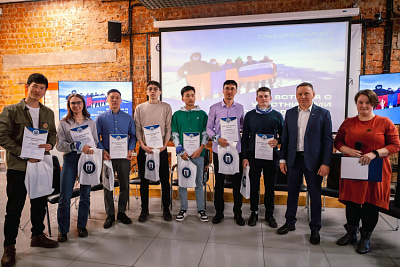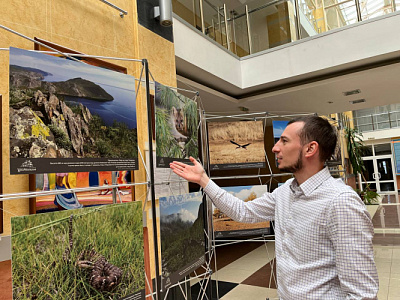Russian language teachers from Mongolia upgraded their skills at the School of BRICS
As previously reported, the educational intensive course, which interested 28 trainees, started on 25 July. The training was on a budgetary basis and took place at BS of BRICS. The Mongolian teachers attended lectures, practical sessions and roundtables.
Anna Kirienko, Director of the BS of BRICS, congratulated the participants of the summer school. She expressed her hope for long-term cooperation and spoke about the benefits of the school:

"Our training takes place in a multicultural language environment. We train students in different foreign languages, including English and Chinese. We look forward to seeing you again as trainees or guests.
The summer school for Russian language teachers fr om Mongolia is our pilot project, so we will create a feedback form wh ere you can leave your suggestions or feedbacks", says Anna Kirienko.
During the training period, the Mongolian teachers were accompanied and helped to adapt to the university by the staff of the INRTU Centre for International Services. Asya Kontrimovich, Director of the department, thanked the trainees for their confidence in Irkutsk Polytechnical University.
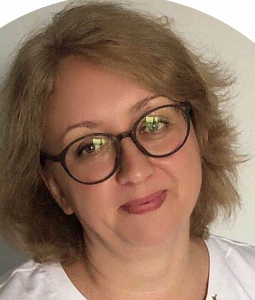
"INRTU has been cooperating with Mongolia for a long time - the university graduates highly qualified specialists for the country's enterprises, interacts with scientific and production organisations. In the future we only plan to strengthen our friendly relations," says Asya Kontrimovich.
The Head of the Academic Mobility and Resource Centres Department, Nina Berngard, and the summer school teachers extended their warm wishes to the Mongolian teachers.
The guests fr om Mongolia, in their turn, delivered their return speech. They also presented the Polytechnic students with a letter of gratitude from the Presidium of the Mongolian Association of Russian Language Teachers.
Within the framework of the school the participants mastered the pronunciation skills, learnt about the communicative potential of the Russian language. The teachers learned the pedagogical grammar of Russian compared to that of Mongolian, and the tools of the educational process.
The group leader, Purevdorj Tsermaa, from the Ulaanbaatar Comprehensive School, had a particularly memorable lesson on teaching methods, wh ere they learned about interactive techniques:
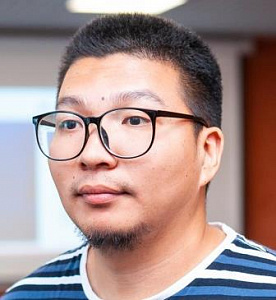
"I realised that playful methods should be chosen based on the topic of the lesson. I went to the school to pump up my skills - everything is developing rapidly in the world, so teachers need to keep up with the times. I was pleased with the hospitality of Irkutsk Polytechnic. Fr om the first day we were welcomed by the staff of the university and accommodated in a comfortable dormitory."
A rich cultural program was also organised for the guests from Mongolia, during which they learned about the history of Siberia. They were introduced to the sights of Irkutsk, visited museums in the city and visited the Lake Baikal. Borhuu Suvd-Erdene, a teacher at the Irkutsk State University of Railway Transport, Ulaanbaatar, was interested in the Taltsy Museum of Architecture and Ethnography:
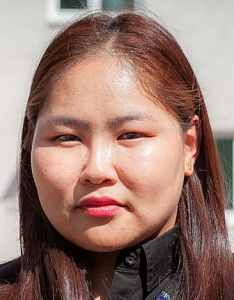
"We got acquainted with a unique architectural monument and got to know better the life of the Siberian people. After this excursion we went to Listvyanka, wh ere we bathed in the clear water of Lake Baikal".





